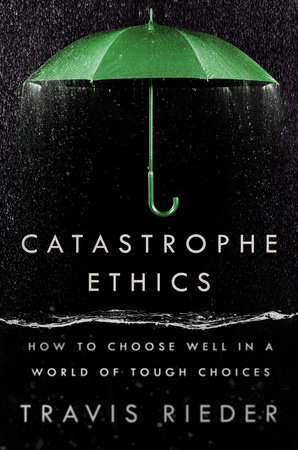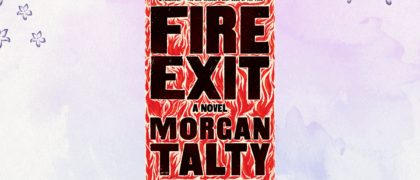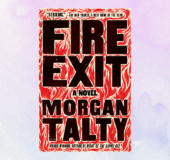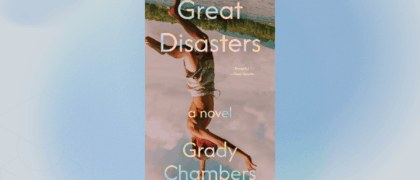In a world of often confusing and terrifying global problems, how should we make choices in our everyday lives? Does anything on the individual level really make a difference? In Catastrophe Ethics, Travis Rieder tackles the moral philosophy puzzles that bedevil us. He explores vital ethical concepts from history and today and offers new ways to think about the “right” thing to do when the challenges we face are larger and more complex than ever before.
Below, author Travis Rieder explores these questions and also provides a syllabus for teaching Catastrophe Ethics:
Catastrophe Ethics: How to Choose Well in a World of Tough Choices
Course Description and Learning Objectives:
This class is a systematic investigation of the following question: how are we—each of us—to lead decent lives in an era defined by catastrophic threats that are far too big and too complex to solve on our own?
The classic case here is climate change. Are you obligated to reduce your carbon footprint so as to avoid contributing to the harms of climate disruption? On the one hand, you may feel the pull of saying “yes”—it seems like we ought to do things like reduce the amount we fly or drive or eat animal products. But on the other: our individual actions won’t meaningfully affect climate change. Dangerous climate change occurs when trillions of tons of CO2 accumulate in the atmosphere; my or your tiny contribution simply won’t register.
This dilemma leads to a deep moral ambivalence about how we live in our massive, globalized society, in which many of our actions contribute infinitesimally to terrible harms. Over the course of this class, we will explore both traditional and cutting-edge philosophical tools to try to solve this uniquely modern, scary puzzle. Can classical moral theories give us the answer? What about newer tools used by contemporary philosophers? And regardless of whether we think any of the accounts offered work, what do they tell us about that most urgent question: how should we live our lives?
Course Structure:
This syllabus is designed for a seminar-style course that meets once per week for 2-3 hours. The author of the titular book and this syllabus (Travis Rieder) has used a version of it for his own upper-level undergraduate course at Johns Hopkins University in the Spring of 2024. Of course, it could be modified for a class that meets according to a different schedule, and many faculty will have expertise that allow them to add or subtract supplemental readings. This is simply an example to be used as-is, expanded on, or added to as any instructor sees fit. No permission is required to use this syllabus.
Prof. Rieder is happy to zoom into classes that utilize his book for a Q&A period. To request a classroom visit, you can reach him at trieder@jhu.edu.
Required Texts:
This course is built around a close reading of Travis Rieder’s 2024 book, Catastrophe Ethics: How to Choose Well in a World of Tough Choices (New York, NY: Dutton). All other readings are available electronically.






